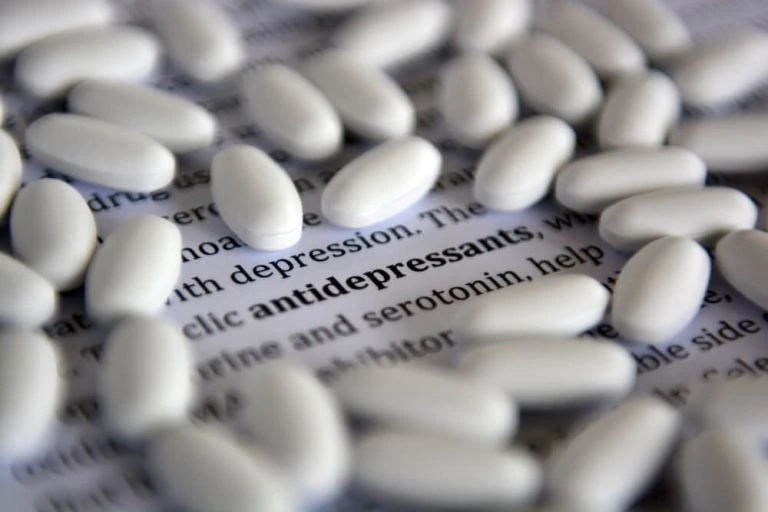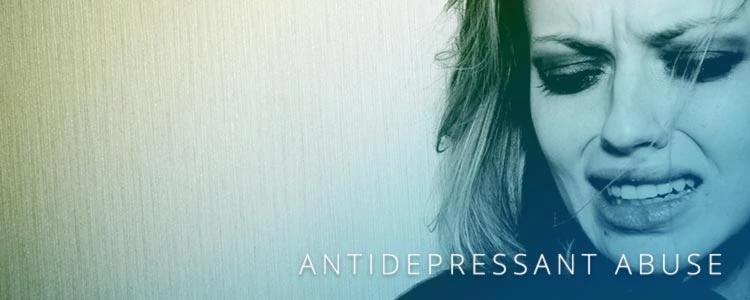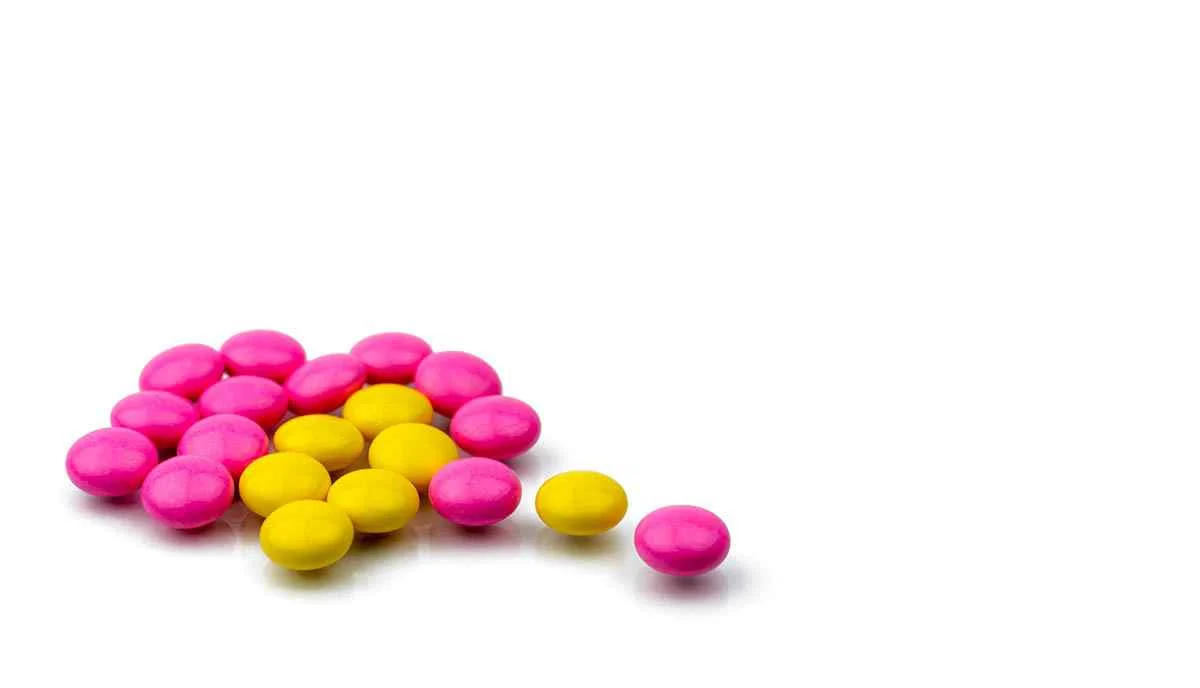5 Tips for Getting off Antidepressants
Everyone goes through some level of depression in their life. In some cases, it can be severe enough to warrant the use of medications to help the person cope with situations such as the loss of a loved one or a mental illness. While antidepressants such as Zoloft, Paxil and Effexor can help a person going through severe depression, there is also a risk of abuse – especially because the person replies on the drug to feel normal. According to the CDC, antidepressant use increased by as much as 400% from 2005-2008. Getting off antidepressants can be far harder than just simply stopping due to the withdrawal symptoms and cravings that a person experiences. However, the benefits of getting off antidepressants far outweigh the hardships of quitting.

Antidepressant Withdrawal Symptoms
When a person suddenly stops using antidepressants, they become sick. The sickness experienced is known as withdrawal symptoms. The symptoms are often much like a stomach bug or the flu but with another level of symptoms that are specifically psychological.
It is common for depression to cause suicidal thoughts in people, but when a person is getting off antidepressants, these suicidal thoughts intensify, endangering the person’s life. Other symptoms of withdrawal that occur when getting off antidepressants include the following:
- Vivid nightmares
- Fatigue
- Anxiety
- Insomnia
- Diarrhea
- Nausea and vomiting
- Headaches
- Sweating
- Stomach cramps
- Severe depression
- Mood swings
Stopping antidepressants cold turkey is risky due to not only the acute symptoms of withdrawal but because of how severe the depression and suicidal thoughts can be. Individuals who find themselves addicted to antidepressants are advised to seek medical assistance before stopping antidepressants cold turkey.
The following are helpful tips for stopping antidepressant misuse:
1. Choosing the Right Time
If a person started abusing antidepressants due to circumstances in their life, stopping abuse of the substance while these situations are still an area of concern can be too much to handle. Choose the best time to quit based on the events of your life. Alternatively, look for other medications from your doctor before stopping prescribed antidepressants.
2. Create a Plan
Tapering off antidepressants is a great way to reduce the adverse effects of withdrawal. Creating a plan to stop your use of the drug can allow you to slowly work the drug out of your system at a pace that doesn’t lead to severe withdrawal.
3. Psychotherapy
A person using antidepressants usually does so for an actual medical reason. If the situations that cause a depressed state of mind remain present in your life, but you want to stop using the drug, then consider psychotherapy to help you overcome the mental issue you are dealing with.
4. An Active Lifestyle
Some simple things can help reduce stress and depression in one’s life. Exercise, a good diet and plenty of sleep can help to start every day off right. Exercise, in particular, is very effective at helping people who suffer from depression. Exercise causes feel-good chemicals to be released helping to improve and stabilize a person’s mood.
5. Find Help
Perhaps the best way to get off antidepressants is to seek the guidance and assistance of a professional. At the rehab centers on Better Addiction Care, a person can find a suitable facility near them that offers the kind of treatment that can effectively treat not only the abuse of the drug but also mental illnesses such as depression. Whether in the inpatient or outpatient setting, rehabs provide the latest forms of treatment for substance abuse so that you can get the benefits of getting off antidepressants.
If you or a loved one is struggling with addiction, get help right away. Make a phone call that will connect you to a professional drug treatment center. The call you make may save your life or the life of someone you love. Call us today at (800) 429-7690.







